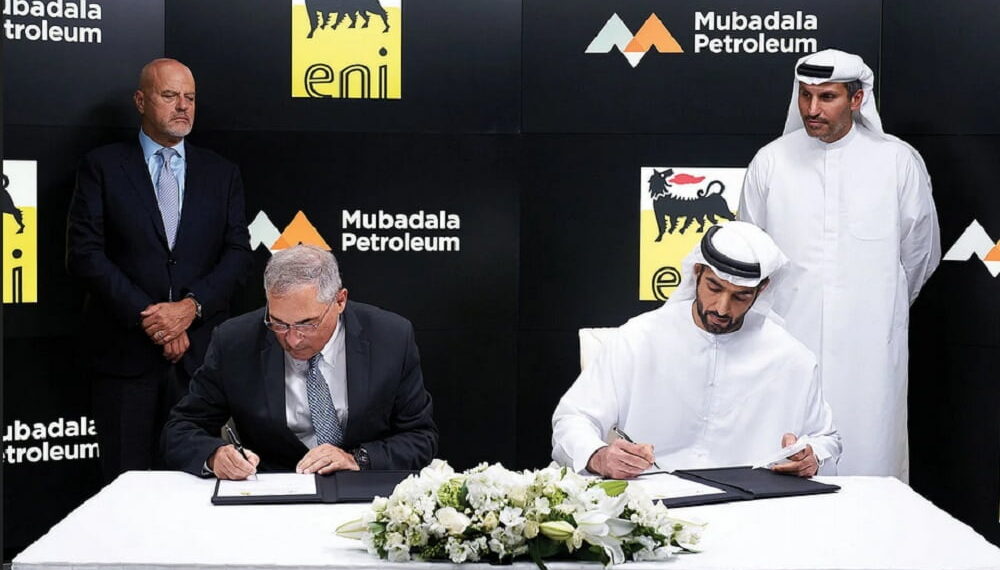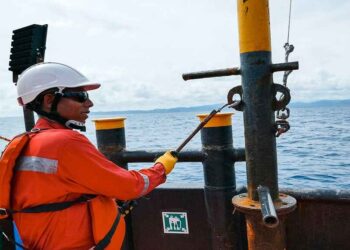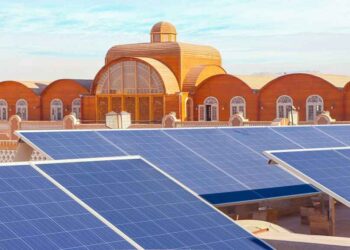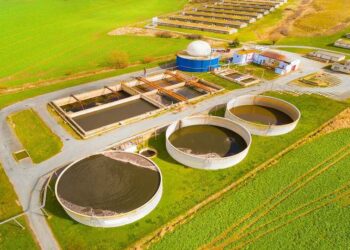Mubadala Petroleum, a wholly owned subsidiary of Mubadala Investment Company, and Eni signed a Memorandum of Understanding (MoU) aimed at identifying cooperation opportunities in the energy transition sector, including the fields of hydrogen and carbon capture, utilization and storage, that align with their respective decarbonization targets. The scope of the cooperation covers potential joint opportunities in the Middle East, North Africa, South East Asia, Europe and other regions of mutual interest.
This agreement marks a further tangible step in line with Eni’s commitment towards carbon neutrality by 2050, promoting cooperation between different players in the sector and consolidating alliances for sustainable development aimed at tackling the energy transition challenges together.
Eni CEO Claudio Descalzi, said: “The agreement signed with Mubadala Petroleum, represents another step towards a low carbon emission future. Eni will leverage all its proprietary technologies, focused on energy transition. We will work with a strategic partner like Mubadala Petroleum to find ways of reaching common decarbonization targets worldwide.”
Mansoor Mohamed Al Hamed, Mubadala Petroleum CEO, commented: “We are committed to playing our part in the energy transition. This includes pursuing a gas-weighted portfolio as a key bridge to renewables. It also includes investing in innovation and technology to advance decarbonization and support the industry’s evolution. Working with partners to build on the progress we have already made is vital and we look forward to advancing this collaboration.”
Eni decarbonization path envisages a Net Zero Carbon Footprint for Scope 1 and 2 emissions from upstream activities by 2030 and from all Group activities by 2040. This is aiming to accomplish the net-zero target on GHG Lifecycle emissions Scope 1, 2 and 3 by 2050 with full decarbonization of products and operations. This will be achieved through bio-refining, circular economy, efficiency and digital solutions, increased renewables capacity, blue and green hydrogen, carbon capture, utilization and storage projects and REDD+ initiatives. Recent initiatives include CO2 capture and storage projects in the UK, delivering carbon-neutral LNG cargos, enhancing electric charging services in Europe, new solar power capacity in Spain and France, and renewable energy projects in countries of operations such as Norway, Kazakhstan, Angola, and other.



















































